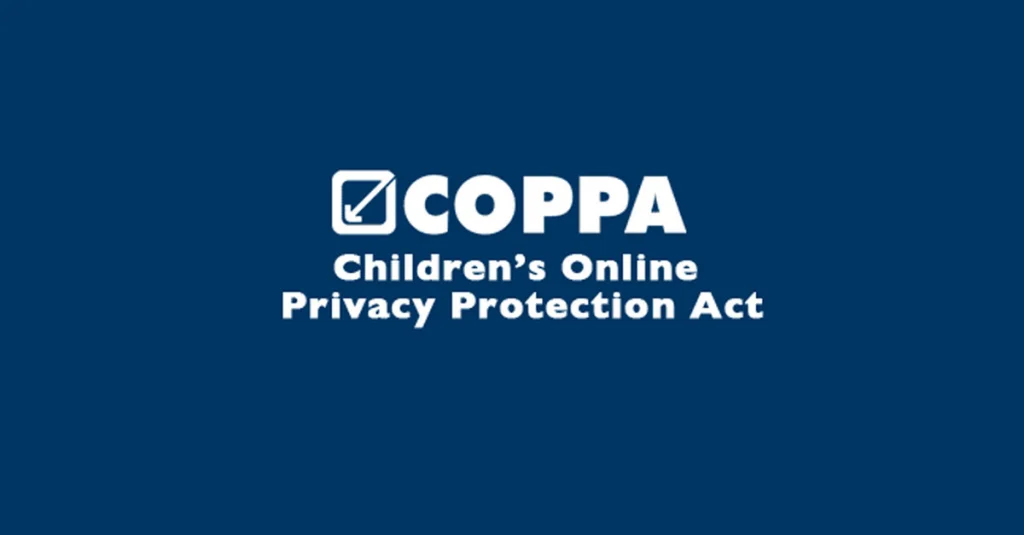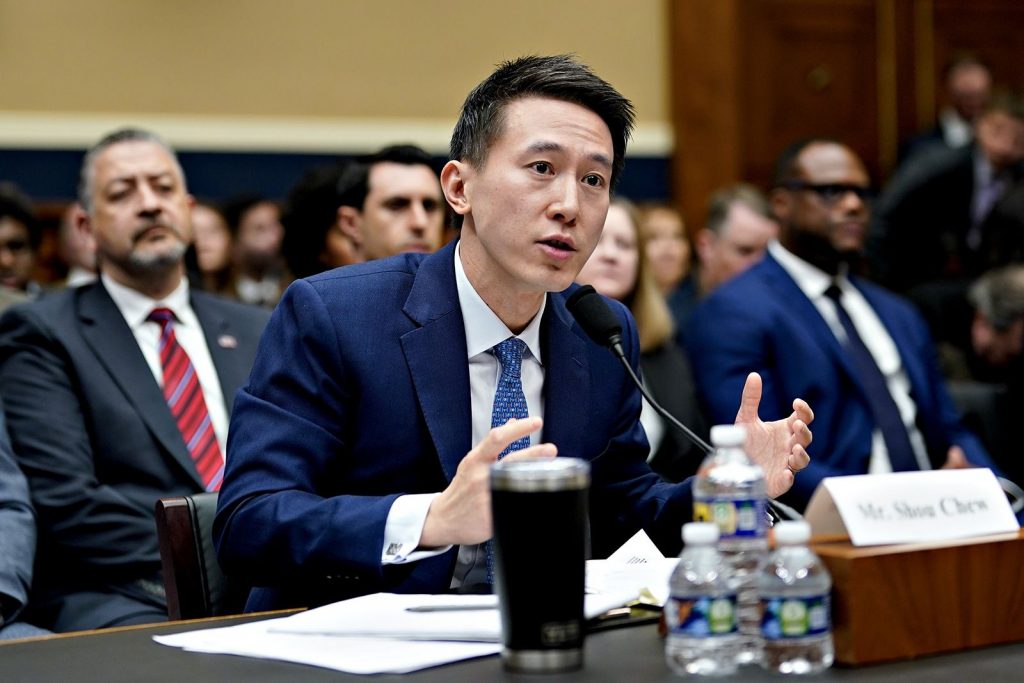
In the dynamic world of social media, TikTok has risen to prominence as one of the most popular platforms, particularly among younger audiences. However, with its rapid growth and widespread usage comes increased scrutiny and regulatory challenges. The latest controversy to engulf TikTok centers around a significant lawsuit alleging violations of child privacy laws. This legal battle has far-reaching implications, not just for TikTok but for the broader tech industry and the ongoing debate about protecting children’s privacy online.
The Core of the Lawsuit: What’s Happening?
The legal challenges against TikTok are not entirely new; the platform has faced various legal issues in the past. However, this latest lawsuit, filed in the United States, stands out due to its specific focus on children’s privacy. The plaintiffs, comprising a group of parents and advocacy organizations, accuse TikTok of violating the Children’s Online Privacy Protection Act (COPPA), a federal law that safeguards the privacy of children under 13.

The lawsuit alleges that TikTok collected personal information from young users without obtaining the necessary parental consent. This data includes names, email addresses, phone numbers, and even precise geolocation data, all of which are highly sensitive when it comes to minors. The plaintiffs argue that TikTok’s practices not only breach COPPA but also endanger the safety and privacy of millions of children who use the app daily.
TikTok’s Response: Denial and Defense
TikTok has responded to the lawsuit with a firm denial of the allegations. The company asserts that it has always prioritized the safety and privacy of its users, particularly minors. TikTok claims that it has implemented stringent measures to comply with COPPA, such as introducing a separate app experience called TikTok for Younger Users, which limits the data collection and sharing features available to users under 13.

CEO of TikTok
Moreover, TikTok has emphasized its ongoing efforts to educate parents and guardians about its privacy policies and the tools available to monitor and control their children’s activities on the app. The platform’s representatives argue that the lawsuit misrepresents TikTok’s practices and unfairly targets the company, given the extensive measures it has taken to protect young users.
A Wake-Up Call for the Tech Industry
While TikTok is the focus of this particular lawsuit, the case is symptomatic of a broader issue facing the entire tech industry. As social media platforms continue to dominate the digital landscape, the question of how to protect children’s privacy online has become increasingly urgent. This lawsuit could set a precedent that would have significant consequences for other tech companies, particularly those with large, young user bases.
If the plaintiffs succeed, TikTok could face hefty fines and be forced to overhaul its data collection practices entirely. This outcome might prompt other social media companies to preemptively strengthen their privacy policies to avoid similar legal challenges. The lawsuit could also lead to increased regulatory scrutiny from governments around the world, with potential new laws and regulations aimed at enhancing online protections for minors.
The Role of Parents and Guardians: Navigating the Digital Landscape
As the legal battle unfolds, parents and guardians play a crucial role in safeguarding their children’s privacy online. The lawsuit against TikTok highlights the importance of being vigilant about the apps and platforms that children use. It also underscores the need for open communication between parents and children regarding online safety.

Parents can take several steps to protect their children’s privacy on TikTok and other social media platforms. First, they should familiarize themselves with the platform’s privacy settings and ensure that they are appropriately configured. This includes limiting who can view and interact with their child’s content and monitoring the personal information that the app collects.
Additionally, parents should have regular conversations with their children about the potential risks of sharing personal information online. Encouraging children to be cautious about what they post and who they interact with on social media can go a long way in protecting their privacy.
The Future of TikTok: Challenges and Opportunities
The outcome of this lawsuit could have a profound impact on TikTok’s future. If the company is found guilty of violating child privacy laws, it may face not only financial penalties but also a loss of trust among its user base, particularly among parents. However, this challenge also presents an opportunity for TikTok to reinforce its commitment to user safety and privacy.
By doubling down on its efforts to protect minors and being transparent about its data collection practices, TikTok could turn this crisis into a chance to set a new standard for privacy in the social media industry. In an era where data privacy is becoming increasingly important to consumers, leading the charge in safeguarding children’s online privacy could enhance TikTok’s reputation and solidify its position as a responsible and ethical platform.
A Critical Moment for Online Privacy
The lawsuit against TikTok is more than just a legal dispute; it’s a critical moment in the ongoing conversation about online privacy, particularly for children. As the digital landscape continues to evolve, the need for robust protections and responsible practices becomes ever more pressing. Whether TikTok emerges from this lawsuit unscathed or faces significant repercussions, the case will undoubtedly influence how tech companies approach user privacy in the years to come.
For parents, policymakers, and the tech industry, the TikTok lawsuit serves as a stark reminder of the importance of protecting the most vulnerable users in the digital world.














